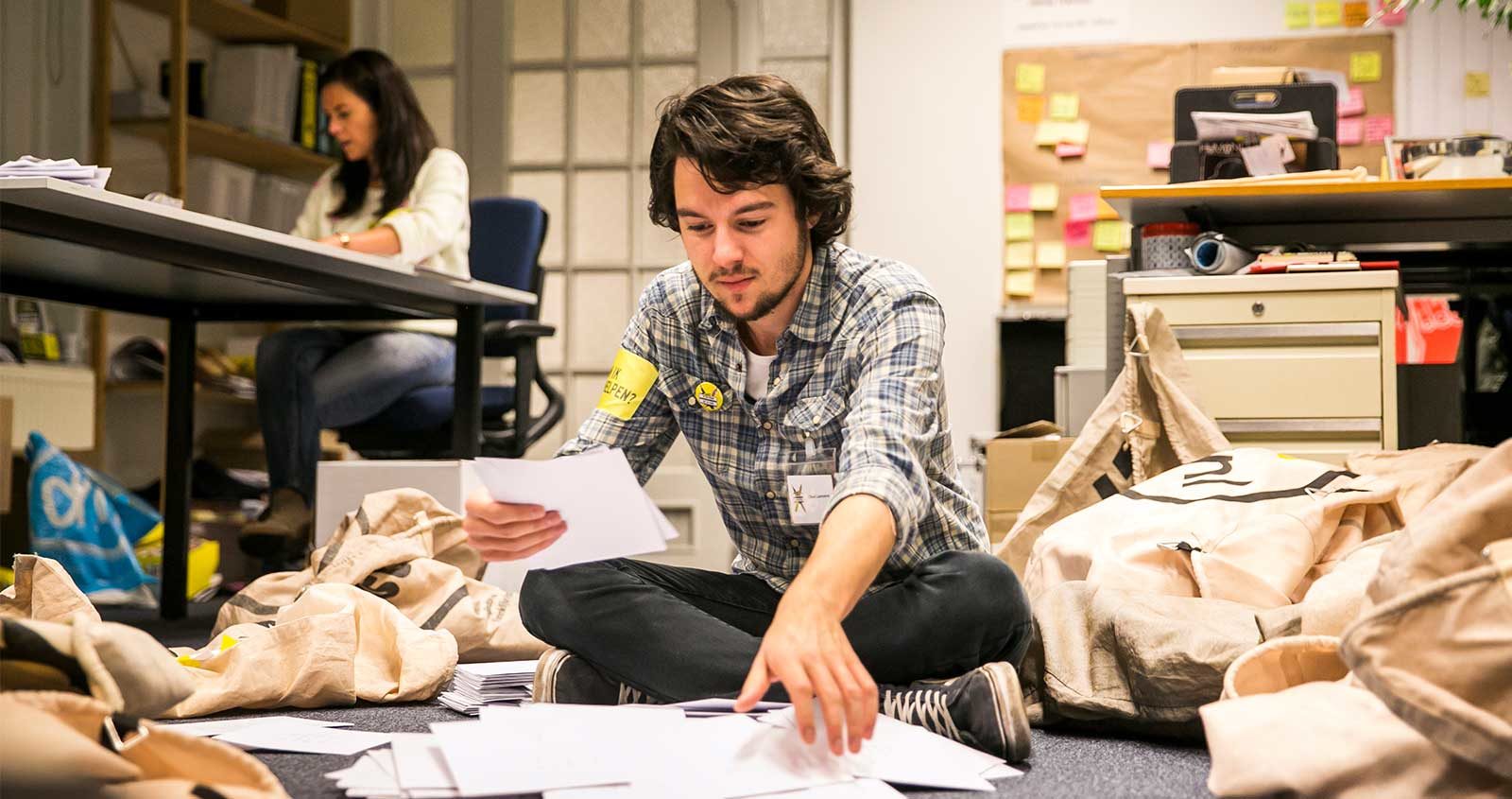There is an unbelievable amount of tragedy in the world. People are imprisoned and killed for things like sharing a thought, defending people in need and simply existing in the wrong place at the wrong time. However, there’s also immense kindness, selflessness and a belief that every person deserves the same basic human rights.
But let’s be honest, amid hectic lives filled with work, family, friends, doing laundry, taking kids to swim lessons and a thousand other obligations competing for our hours each day, it can be hard to find the time to take meaningful action for human rights. It’s not always easy to find a babysitter so you can march for women’s rights or against Australia’s refugee detention system.
These highly-publicised events certainly make a difference in the fight for human rights, but you don’t have to organise your life around activism to be an activist. In fact, some of the most powerful activism happens in the nooks and crannies available to you everyday – from sending an email to small-scale organising. Here are a few ways you can fit taking action for human rights into your life:
Sign online petitions
Gone are the days when gathering petition signatures required physically knocking on doors. In the digital age, thousands of petitions are available in the palm of our hands. With a simple click, you can speak up for freedom of speech in Myanmar or people in urgent need of evacuation from a besieged region in Syria.
Have another cause close to your heart that you’d like to take action on? You can also create your own petition and get sharing.
Share news articles and activism opportunities on social media
Your signature is just the beginning of your impact. Many of us have extensive networks on Facebook, Twitter, Tumblr, Pinterest and more social media sites. Australians are some of the heaviest Facebook users in the world: 13 million people spend an average of nearly two hours a day on the site.
Each of us is an influencer within our own network and we can use that power to to inspire the people we love to join the global movement for human rights. Read a compelling article recently about the fight to legalise same sex marriage? Like it. Share it. Discuss it.
Each of us is an influencer within our own network and we can use that power to to inspire the people we love to join the global movement for human rights.
If you sign a petition, post it and ask your friends to join you. If someone else posts an article of interest or an opinion on a human rights issue — whether or not they agree with you — engage with them. These small actions can validate and educate people around you, and spur them to start thinking about and acting on their values too.
Have conversations with your loved ones
This sounds simple, but don’t underestimate the power of sharing your convictions with the people around you. Human rights violations can persist because of our silence — which is no better than acceptance.
Confronting complex topics like Australia’s history of racism and erasure of Indigenous people is uncomfortable, sure, but the more we can bring their struggles to light among our own small communities, the harder it is to continue to push their needs under the rug.
You can also change hearts and minds. When U.S. President Obama reversed his stance and came out in support of same sex marriage, he cited personal experience with LGBTI people as a key reason. Your voice is strongest among those who love and trust you. Use it.
Your voice is strongest among those who love and trust you. Use it.
Make activism your work or play
If fitting activism into free moments isn’t enough, try exploring ways to make time. Many companies offer their employees paid time off specifically for charity work. Others have a pro-bono policy or even quota for these kinds of activities.
Both of these policies allow you to pursue the causes you care about within your normal working hours, while also improving your company’s public profile. If your office doesn’t have such a policy, you can talk with your human resources department about the benefits of paying employees to volunteer.
Activism can also fit into your fun and family time. Runners can raise money for human rights while training for a race. Parents can model activism for their kids, helping them write letters to a local MP or writing one yourself and asking them to make a drawing to accompany it.
Activism isn’t always large-scale marches and sit-ins like in movies. A true activist incorporates their beliefs into everyday life, and finds opportunities — large and small — to make a difference along the way.
Activism isn’t always large-scale marches and sit-ins like in movies. A true activist incorporates their beliefs into everyday life, and finds opportunities — large and small — to make a difference along the way.
Emily Logan is Director of Acquisition and Retention at Care2, where her team works with member activists to spread the word about their petitions, builds petition campaigns into full-scale organizing efforts. Emily also works extensively with hundreds of nonprofit organizations to help recruit activists and donors and build out their online strategies.
Amnesty International is a global movement of more than 10 million people who take injustice personally. We are campaigning for a world where human rights are enjoyed by all – and we can only do it with your support. Act now or learn more about our human rights campaigns.









